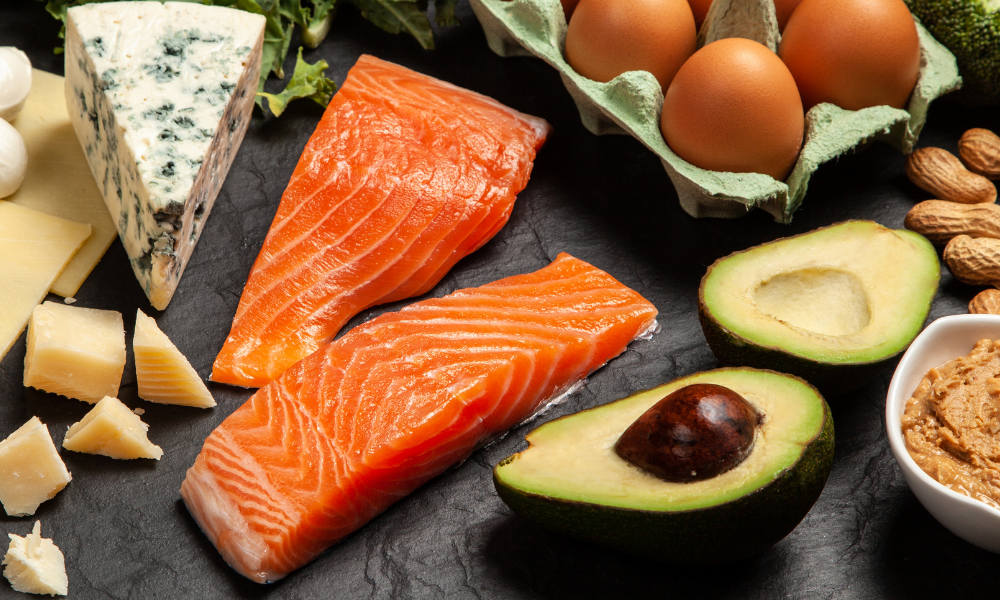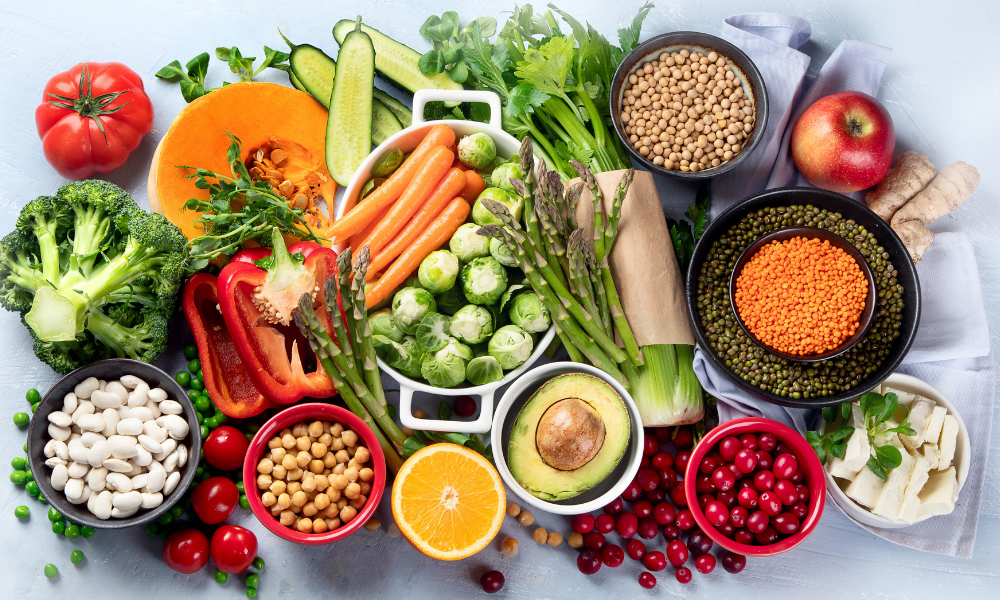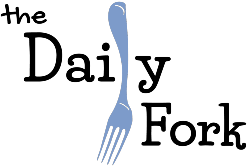Most Popular Diets In America
Are you planning to switch up your diet in the new year?
Or, do you want to continue your path of healthy eating and exercise?
Either way, most Americans can relate when they see the most popular diets in America.
The most popular diets in America vary by age, gender, and health goals but vegan, keto, and intermittent fasting are always reigning. In this article, we will be reviewing each one of America’s favorites and comparing the pros and cons of each.
1. Ketogenic Diet
The ketogenic diet has been gaining lots of attention from health and fitness enthusiasts throughout the past decade.
The keto diet consists of low carbs (5% of calories), moderate protein (15%), and high fat (70%). This type of macros profile is extremely effective for improving athletic performance as well as weight loss.
Before getting started, I want to clear up any confusion between ketosis and ketoacidosis; they are VERY different.
Ketosis is a metabolic state your body enters when it starts burning stored body fat for fuel instead of carbohydrates (glucose) (it’s your body’s backup energy system). This state can be brought on by following a ketogenic, low-carb diet (which the keto diet is), or by exercising for long periods of time without eating carbohydrates or drinking lots of sugary beverages. Ketones are molecules created during fat metabolism that provide energy for the brain and muscles when glucose isn’t available.

Ketoacidosis is a potentially fatal metabolic state characterized by uncontrolled production of ketone bodies and extremely low blood pH levels due to an overabundance of ketones in the body. People who suffer from type 1 diabetes and those with alcoholism often experience this condition.
Once ketosis is established and the diet begins, weight loss can come rather quickly due to the reactions it causes throughout the body so let’s review the pros and cons of the keto diet!
Pros
- Fast weight loss
- Improved Insulin Resistance
- Treatment of Health Conditions (e.g, diabetes)
- Meal Satisfaction
- Smarter Food Choices
Cons
- Risk of Hypoglycemia
- Food Obsession
- Nutrient Deficiencies
- Effects on Heart/ Kidney Health
Before choosing the right diet, compare your options in accordance with your own health.
2. Vegan Diet
The vegan diet is the second most popular diet in the world. There are many benefits of a vegan diet as well as some limitations as to what you can eat. Vegan diets consist of only plants and exclude all animal products, such as meat, seafood, eggs, dairy products; animal-derived ingredients like honey; and bee-products like beeswax.
The number of vegans has increased dramatically in recent years. This might be because there are many reported benefits associated with following a vegan diet.

Studies suggest that vegans have a lower body mass index (BMI) than non-vegans/ vegetarians. Also, researchers have found that vegans tend to be healthier throughout life compared to people who consume meat or other animal products.
Another benefit of veganism is that it can help you get rid of bad eating habits and learn to be more aware of the food that you eat.
Many people want to start a vegan diet but they hesitate because they are not sure if their body requires all the nutrients for good health. However, by getting educated about what different foods contain, you learn how easy it is to meet your daily nutritional requirements with the vegan lifestyle.
The vegan diet provides many benefits like healthy weight loss, lower cholesterol levels, increased energy, longer life expectancy, etc. by following this natural way of living; however, on some occasions, this type of diet may lack some essential nutrients. It is important then to learn which foods must be consumed to ensure a well-balanced vegan diet.
In case you would like to learn how to live a healthier lifestyle, contact us at Vitality Med Spa today! We offer state-of-the-art treatments and medical weight loss programs. Get rid of your extra pounds for good! In addition, learn all you need to know about various procedures such as liposuction, mesotherapy, or cool sculpting with our professionals now.
So let’s dive into the pros and cons of the vegan diet!
Pros
- Evidence-based health benefits
- Encourages mindful eating
- Wider variety of foods
- May lead to weight loss
- Reduced food costs
- Healthier for the environment
- No animal impact
Cons
- Limited food choices
- Possible nutrient deficiencies
- Requires diligence
- Difficulty dining out
- Unrealistic expectations
- Social isolation
Diets take commitment! Make sure you know about your diets to ensure committing to the right one.
3. Intermittent Fasting
Intermittent fasting is the third most popular form of dieting. Every week, millions of people around the world give up food for intermittent periods. Some only eat during certain hours; others stick to a strict one-day-per-week fast like Monday’s “cold turkey”. A smaller group chooses alternate day fasting (ADF), where they eat 25% of their daily energy needs every other day.
All of these programs involve cycling between eating and fasting days, which changes how your body processes calories.
During a 24 hour fast, your body uses its stores of glucose and glycogen in the liver to keep you going until dinner time. On a 100% feeding day, it stores any excess calories as fat. During an intermittent fast, your body flips between these two states.

It is important to note that intermittent fasting does not mean you eat anything on feeding days; rather, the goal is to simply limit yourself to 500-600 calories. Scientists believe this caloric window allows for maximum fat burning.
After eight weeks on alternate day fasting, obese people lost about 4% of their body weight, close to the 5-6 % achieved by those who have bariatric surgery or take part in a very low-calorie diet (VLCD). Those who started out lean had comparable results with just 2 weeks of alternate-day fasting. After 12 weeks of ADF, they were down 10% of their initial fat mass. The scientists also measured biomarkers for heart disease and diabetes. Compared with the control group, who ate normally, their levels of LDL (bad) cholesterol were significantly reduced, while markers for insulin sensitivity improved.
Let’s review the pros and cons of Intermittent Fasting!
Pros
- Easy to follow
- No calorie counting
- No macronutrient limitations
- Unrestricted eating allowed
- Might boost longevity
- Promotes weight loss
- May help with glucose control
- May provide other health benefits
Cons
- Side effects on fasting days
- May reduce physical activity
- May cause severe hunger
- Concerns for those on medications
- Does not encourage nutritious eating
- May promote overeating
- Not good for your long-term
The studies show that intermittent fasting can be a healthy and manageable way to lose weight. Limiting yourself to 500-600 calories every other day may seem daunting at first, but there are more than enough tasty low-calorie recipes out there to try until dinner on the next feeding day!
If you are interested in reading more articles, click here.
If you would like to join the family, follow our social media accounts click here.

